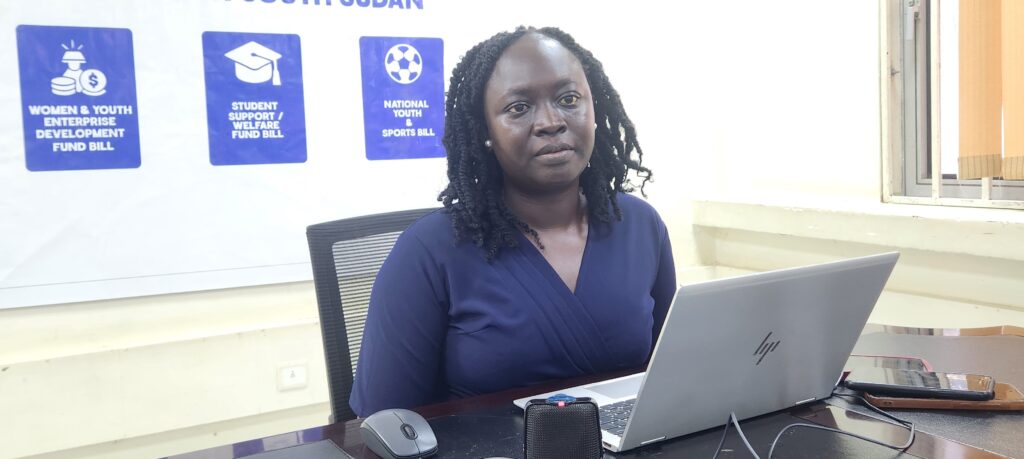Markaz al Salam, a youth-led organisation in South Sudan, on Wednesday called on the Council of Ministers to urgently prioritise the long-delayed Student Support Fund Bill, saying the legislation is critical to addressing the financial and academic hardships faced by young people across the country.
Speaking at a press conference in Juba, Executive Director Florence Agiba said the bill, first discussed in 2023, has stalled due to the prolonged pause in government sittings, leaving thousands of students without the assistance they need to stay in school.
“This bill is more than a policy document; it is a lifeline,” she said. “Many young people are not in school today because they lack financial support. If these funds were available, more students would access education, and we would see reduced crime rates and fewer youth joining gangs.”
Agiba said the Student Support Fund is intended to provide tuition, accommodation, and other academic assistance to vulnerable learners, strengthen the national education system, and build a more skilled labour force.
She urged the Council of Ministers, which recently resumed meetings, to make the bill a top priority, and appealed to the National Legislative Assembly to fast-track its passage once it is tabled.
“Its timely approval would be a meaningful Christmas gift to young people,” she added.
Agiba also updated youth on the transformation of the former Youth and Sports Bill into the new Youth Bodies Bill 2025, describing it as a more comprehensive and governance-focused framework developed after consultations with youth leaders, civil society groups, development partners, and government officials.
She said the proposed law introduces clearer structures for youth bodies at national, state, county, and payam levels and strengthens accountability and coordination among youth institutions.
“The Youth Bodies Bill will turn the current National Youth Union into a National Youth Council, which aligns South Sudan with regional standards,” she said. “When young people are organised, it becomes easier to support them. This bill modernises youth governance and reflects the realities and aspirations of our young population.”
Agiba noted that similar councils exist in neighbouring countries, while South Sudan still operates under an outdated union model.
Markaz al Salam urged young people across the country to remain informed and engaged in national legislative processes, especially those affecting youth governance and education.
Agiba also appealed to development partners to continue supporting youth-centred reforms and institutions.
“Our nation cannot advance when its young people lack the support systems essential for growth,” she said. “We remain committed to advocating for policies that protect, empower, and uplift every young South Sudanese.”




